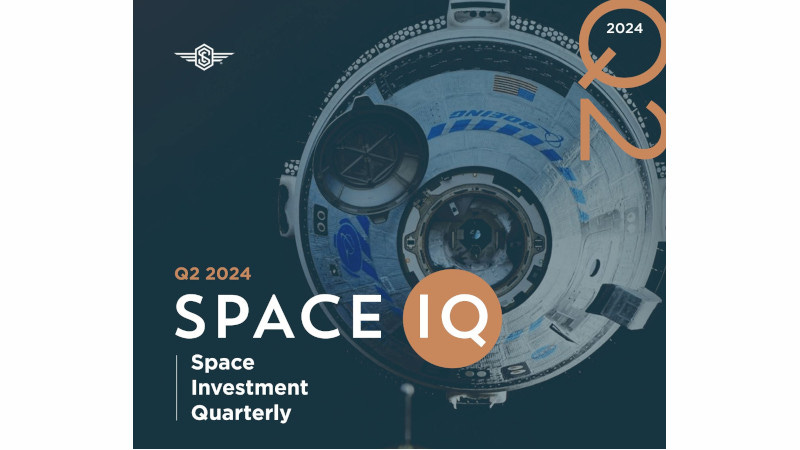Space Investments Quarterly Report Released by Space Capital
Signs Show that the Investment Climate in Space is Improving
The most recent quarterly report for space investments has been released by Space Capital, and it finds that while there is reason for optimism for space investments in the second half of the year, there are still significant challenges being faced by space companies.
Earlier in the year, Space Capital was forecasting several interest rate cuts from the …




